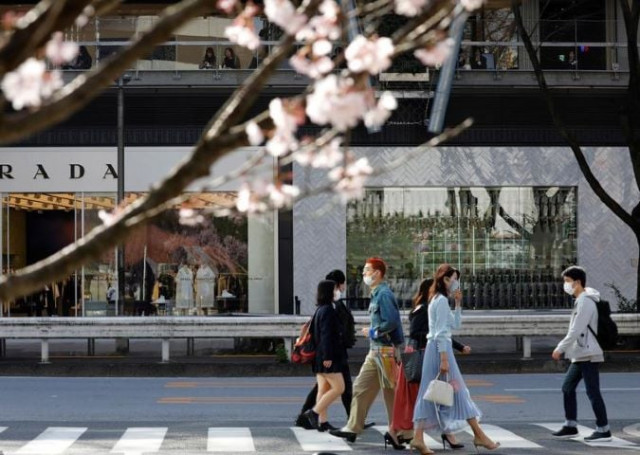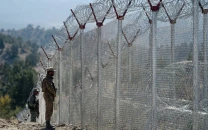'Unscientific' Japan megaquake alerts cause drop in Hong Kong tourism
Hong Kong residents made nearly 2.7 million trips to Japan in 2024

Tourism to Japan from Hong Kong is taking a noticeable hit as online rumours predicting a massive earthquake continue to spread across social media platforms, prompting unease among travellers and forcing airlines and tour operators to adjust services.
Hong Kong residents made nearly 2.7 million trips to Japan in 2024, but local travel agencies report a significant decline in inquiries and bookings for 2025, particularly for trips scheduled in summer months.
The shift comes despite repeated scientific assurances from Japanese authorities that earthquakes cannot be predicted with precision.
Frankie Chow, head of travel agency CLS Holiday, said customer interest in Japan dropped by 70–80% in March and April compared to the same period last year. “I’ve never experienced this before,” Chow told AFP, noting that clients are either postponing trips or changing destinations altogether due to fears of a so-called “megaquake.”
The rumours circulating in Hong Kong and Taiwan include claims based on a republished Japanese manga that allegedly predicts a natural disaster in July 2025.
Others refer to a Facebook group that purports to forecast earthquakes in Japan and has amassed over a quarter million members, many from Hong Kong.
While Japan experiences frequent seismic activity, the country’s strict building regulations and disaster preparedness protocols have historically minimised damage.
Major quakes are rare but not unprecedented, such as the 2011 Tōhoku earthquake and tsunami, which caused widespread destruction and killed over 18,000 people.
In January, a Japanese government panel slightly increased the estimated probability of a magnitude 8.0 or higher quake along the Nankai Trough to 75–82% over the next 30 years.
A follow-up Cabinet Office report in March estimated that such a quake and resulting tsunami could cause up to 298,000 deaths.
While these figures were updated to older assessments, they appear to have fuelled public anxiety, particularly online.
In response to the misinformation, Japan’s Cabinet Office posted on social media platform X last month: “Predicting earthquakes by date, time, and place is not possible based on current scientific knowledge.” An official told AFP that the post was part of routine public communication, though Japanese media have linked it to online claims.
The impact on tourism has already begun to show. Hong Kong’s Greater Bay Airlines has announced reductions in its weekly round-trip flights to Tokushima and Sendai, citing low demand caused by the earthquake rumours.
A tourism official in Tokushima confirmed the change, noting that it will remain in effect from May 12 to October 25.
Steve Huen Kwok-chuen, executive director at Hong Kong-based EGL Tours, said his agency had not observed a steep drop in Japan-bound bookings.
However, he acknowledged a decrease in Hong Kong visitors at the group’s hotels in Japan, while bookings from other countries remained stable.
A YouTube video published by local outlet HK01, in which a feng shui practitioner warns viewers against visiting Japan this summer, has racked up over 100,000 views.
Despite the lack of scientific basis, the predictions have influenced some travellers like Don Hon, a 32-year-old social worker, who told AFP that while he doesn’t fully believe the forecasts, he is avoiding Japan out of caution.
“If a friend asked me to go in July, I’d probably suggest somewhere else,” Hon said.
Officials in Japan have expressed concern that misinformation may damage the country’s tourism recovery.
Miyagi Governor Yoshihiro Murai reassured travellers that there was no reason to worry, but warned that “if unscientific rumours on social media are impacting tourism, that would be a major problem.”
Despite the downturn in confidence, industry experts believe the effect may be temporary. “Once July passes without incident, people will realise it’s not true,” said Huen.



















COMMENTS
Comments are moderated and generally will be posted if they are on-topic and not abusive.
For more information, please see our Comments FAQ